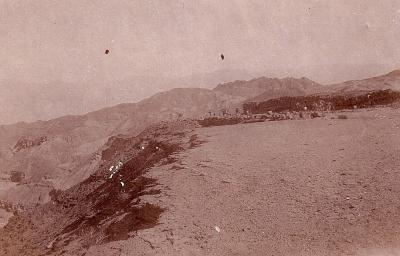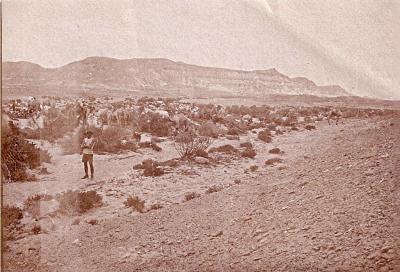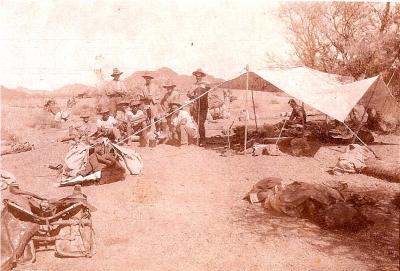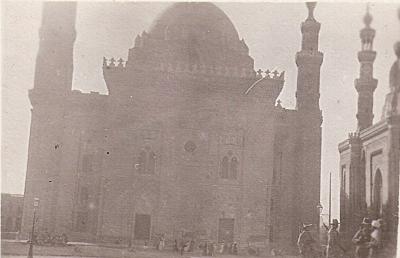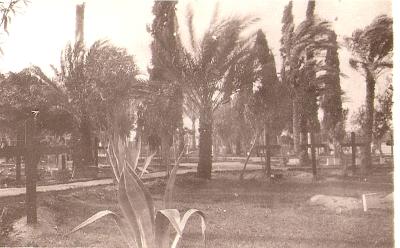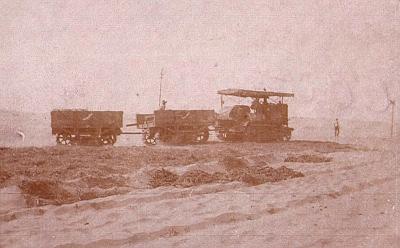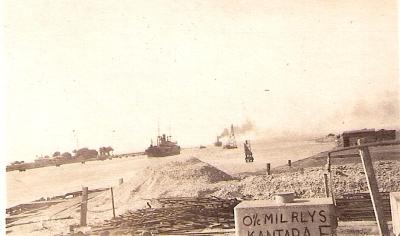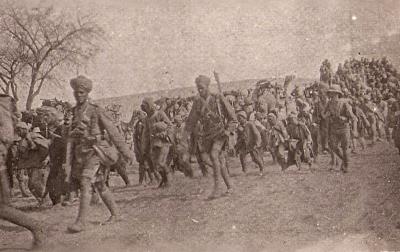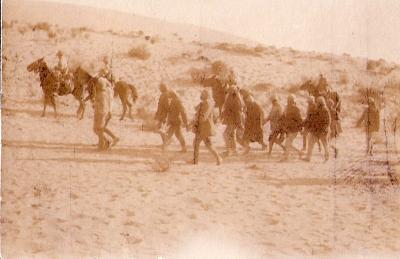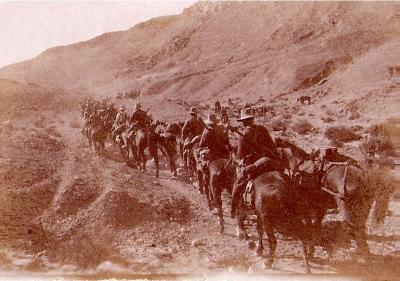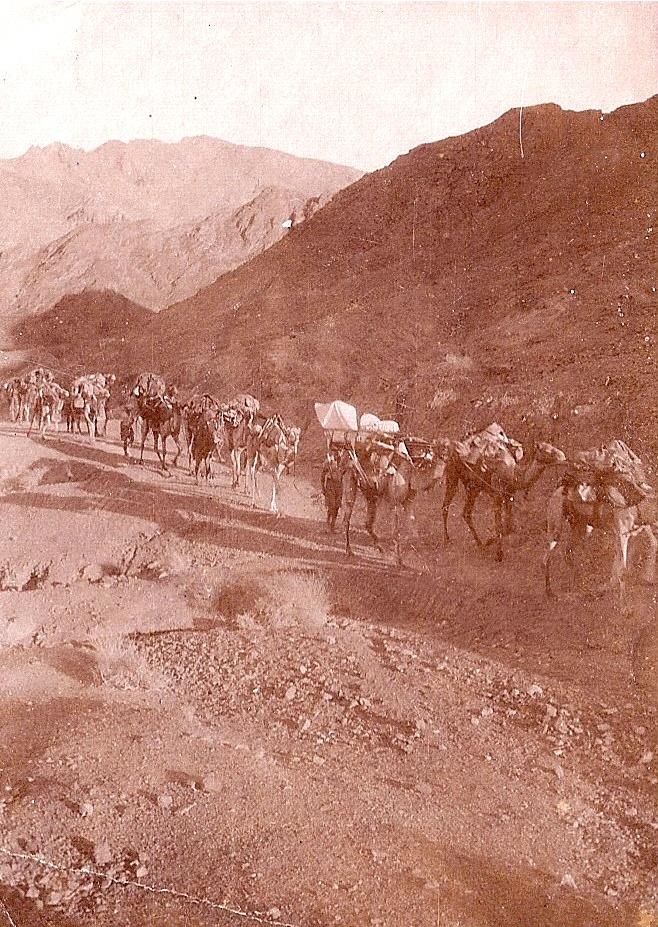World War 1, Middle East, Imperial Camel Corps, 1918
1918Pack camels climbing a pass
Camels were well suited for the desert in Sinai and Palestine. They could carry around 145 kilograms and go without water for up to five days. Tens of thousands were used to get water to the soldiers, Later they were used to transport cameliers into battle, where the riders would dismount to fight.
The Imperial Camel Corps Brigade was formed in 1916 from British and Commonwealth troops and was attached to the Anzac Mounted Division. There were four regiments: the 1st and 3rd were Australian, the 2nd was British, and the 4th was a mix of New Zealanders and Australians. Each regiment had around 770 men, and at full strength the brigade contained almost 4,000 camels. In 1917 the brigade took part in the fighting at Gaza and Beersheba in Palestine. By the following year the country’s harsh terrain had made the camels less effective than horses. No longer needed, the Australian cameliers were transferred back to the light horse.
Details
Details
Australian Army Museum of Western Australia
Australian Army Museum of Western Australia
Other items from Australian Army Museum of Western Australia
- World War 1, Middle East, Imperial Camel Corps, 1918
- World War 1, Middle East Mitla Pass, Imperial Camel Corps, 1918
- World War 1, Middle East, Imperial Camel Corps, 1918
- World War 1, Middle East, Imperial Camel Corps, 1918
- World War 1, Middle East Tel-el-Kebir, Imperial Camel Corps, 1918
- World War 1, Middle East, Imperial Camel Corps, 1918
- World War 1, Middle East Suez Canal, Imperial Camel Corps, 1918
- World War 1, Middle East, Imperial Camel Corps, 1918
- World War 1, Middle East, Sinai, Rafa, Imperial Camel Corps, 1918
- World War 1, Middle East, Imperial Camel Corps, Ottoman Prisoners, 1918
- World War 1, Middle East, Nekhl, 10 Australian Light Horse, 1917
- World War 1, Middle East, Imperial Camel Corps, 1918
